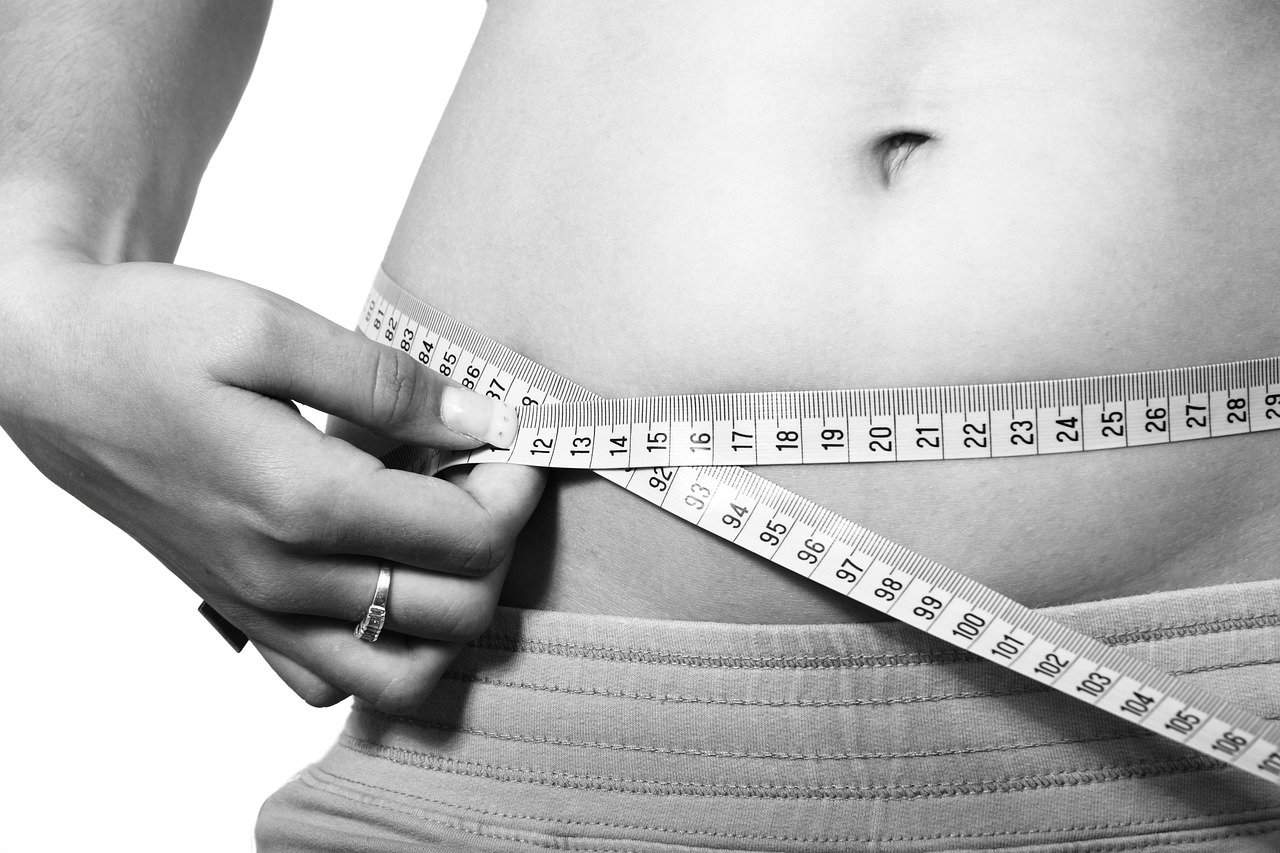How to Lose 10 Pounds Safely: Your Ultimate Guide
Estimated reading time: 5 minutes
- Gradual weight loss is key. Aim for 1–2 pounds per week.
- Diet matters. Focus on whole foods, lean proteins, and fiber.
- Exercise is essential. Incorporate cardio and strength training.
- Mindful eating helps. Pay attention to hunger cues and avoid distractions.
- Seek professional guidance. Tailored plans are more effective.
Table of Contents
- Feasibility and Safety of Losing 10 Pounds
- Dietary Strategies for Losing 10 Pounds
- Exercise Recommendations for Effective Weight Loss
- Lifestyle Adjustments for Weight Loss Success
- Seeking Professional Guidance
- Long-Term Success Tips
- Key Takeaway
- FAQ
Feasibility and Safety of Losing 10 Pounds
Losing 10 pounds in a month may seem like an attainable target, but it’s essential to approach this goal thoughtfully. Experts recommend a more gradual weight loss of 1–2 pounds per week. This method is safer and more sustainable, reducing the risk of adverse effects such as dehydration, nutrient deficiencies, and gallstones (Medical News Today, Cleveland Clinic). Rapid weight loss methods can lead to regaining the weight shortly after, making lifestyle changes far more effective (Healthline, Mayo Clinic).
Dietary Strategies for Losing 10 Pounds
When it comes to losing weight, your diet is a crucial component. Here are essential dietary strategies to help you shed those 10 pounds:
1. Reduce Processed Foods
Eliminating refined carbohydrates like white bread and packaged snacks is an effective way to cut unnecessary calories. Instead, incorporate whole grains such as quinoa and oats that are high in fiber and nutrients. Processed foods are known to foster addictive eating behaviors and often lack essential nutrients (Healthline, Cleveland Clinic).
2. Increase Protein and Fiber
Incorporating lean proteins (like poultry and beans) and non-starchy vegetables into your meals can enhance satiety, helping you feel full longer and aiding digestion (Cleveland Clinic, Medical News Today).
3. Create a Calorie Deficit
To lose weight, you need to consume fewer calories than you expend. Aim for a calorie deficit of 500 calories per day, easily achieved through mindful eating and portion control. The Mayo Clinic’s Healthy Weight Pyramid can serve as an excellent guide for making healthy food choices (Mayo Clinic, Medical News Today).
4. Try Intermittent Fasting
Intermittent fasting methods, such as the 16/8 window (eating for 8 hours and fasting for 16) or the 5:2 diet (consuming 500-600 calories on fasting days), may help facilitate fat loss while allowing for flexibility in eating patterns (Medical News Today, Medical News Today).
Exercise Recommendations for Effective Weight Loss
In addition to dietary changes, exercise plays a vital role in losing 10 pounds. Here are some recommendations:
1. Cardiovascular Exercise
Incorporate 30+ minutes of aerobic exercises like walking, running, or cycling at least five days a week. This will increase your calorie burn and support weight loss (Healthline, Mayo Clinic).
2. High-Intensity Interval Training (HIIT)
Engaging in short bursts of high-intensity exercises, such as sprints or circuit training, can enhance fat burning during and after the workout (Healthline, Medical News Today).
3. Strength Training
Incorporate two to three sessions of strength training each week. Building muscle not only improves body composition but also boosts your metabolic rate, making it easier to maintain weight loss (Cleveland Clinic, Medical News Today).
Lifestyle Adjustments for Weight Loss Success
In addition to diet and exercise, consider these lifestyle adjustments to maximize your weight loss efforts:
1. Non-Exercise Activity Thermogenesis (NEAT)
Small movements throughout the day add up. Taking the stairs instead of the elevator or stretching while working can significantly increase daily calorie expenditure—potentially accounting for 50% of total calories burned (Healthline, Medical News Today).
2. Practice Mindful Eating
Cultivate mindfulness by eliminating distractions during meals, chewing slowly, and focusing on nutrient-dense foods. This approach fosters a better relationship with food and can prevent overeating (Mayo Clinic, Medical News Today).
3. Stay Hydrated
Replace sugary drinks with water to reduce calorie intake and potentially boost metabolism. Hydration is often overlooked but is crucial for overall health and weight loss (Medical News Today, Medical News Today).
Seeking Professional Guidance
Many weight loss programs emphasize the importance of consulting professionals. Registered dietitians can tailor meal plans to individual preferences and needs, while therapists can assist with emotional eating (Cleveland Clinic, Mayo Clinic).
Remember to avoid extreme diets with very low-calorie intakes (<1,200 calories/day), which require medical supervision (Medical News Today, Medical News Today).
Long-Term Success Tips
Programs like the Mayo Clinic Diet focus on gradual habit changes, encouraging daily movement and a diet abundant in vegetables. Keeping track of your progress through apps or journals can significantly enhance accountability and motivate success (Mayo Clinic, Medical News Today, Medical News Today).
Key Takeaway
Sustainable weight loss hinges on a balanced approach that marries dietary modifications with consistent exercise and significant lifestyle adjustments. Quick fixes often lead to disappointment, while patience and professional support hold the key to effective, long-term results (Cleveland Clinic, Mayo Clinic, Medical News Today).
FAQ
1. Is it safe to lose 10 pounds in a month?
While it may be possible, it is recommended to aim for a gradual weight loss of 1–2 pounds per week for safety and sustainability.
2. What dietary changes should I make?
Focus on reducing processed foods, increasing your intake of protein and fiber, and creating a calorie deficit through mindful eating.
3. How important is exercise in losing weight?
Exercise is crucial as it increases calorie burn and helps maintain weight loss. Aim for a mix of cardio and strength training exercises.
4. Should I consult a professional?
Yes, consulting with registered dietitians or therapists can provide you with tailored advice and support throughout your weight loss journey.
5. What if I hit a plateau?
Review your diet and exercise regimen, adjust as needed, and consider seeking guidance from a professional.
